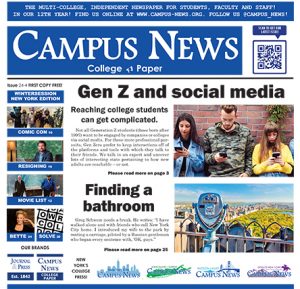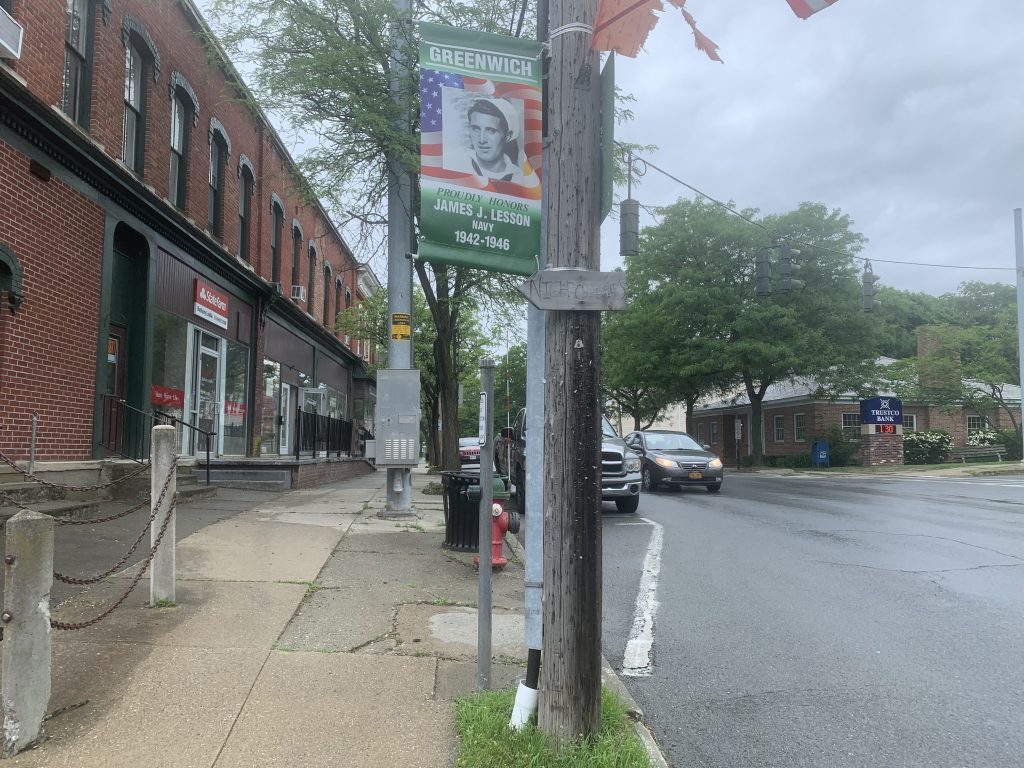By Julie Ciancio, PhD, MBA
Vice President of Academic Affairs
Westcliff University, Irvine
The college application process is a life-changing step toward your future. It offers the two-fold benefit of getting you into college while also preparing you to be successful while you are there. It can be intimidating at first. The appointments, deadlines, forms and squeezing in time to study can all seem overwhelming. Fortunately, the process is not only manageable, but conquerable. The following checklist will assist your navigation of the application process and leave you feeling successful and proud, as well as hopeful for your future. Those who start early, prepare themselves, and utilize resources will achieve their goals in this process and the college life that follows.
Prepare a game plan. Starting early may seem like an obvious piece of advice, but it is essential to stick to this philosophy. Financial aid applications are open a year in advance, college applications are open months in advance, and commonly required documents and paperwork are often or always available from the university. Begin researching schools, professors and programs as soon as you have made the decision to attend college–senior year is best. Find out which school is best for you, which professors have the most to offer your goals and which programs align with your chosen career path. High school counselors have a good idea of local university application processes and program offerings.
Don’t procrastinate. Always take care of tasks and responsibilities as soon as possible. Universities make everything available early and often have deadlines set a year or semester in advance to allow ample time to get everything organized. Sign up for financial aid during your senior year. The Free Application for Federal Student Aid (FAFSA) for 2022-2023 is now open and the deadline is June 2023. The chances of receiving as many (or any) funds decrease significantly after March 2, 2023. It is also important to start considering your personal statement as soon as you know what is required of one by your university of choice. A personalized statement is a one- to two-page essay whose purpose is to give the school a sense of who you are outside of the required information provided on applications. This is where you really get a chance to shine and demonstrate why you would be a positive addition to the school.

Every experience is an achievement – List it! Self-preparation is not simply about taking care of the essentials such as application completion or program selection. It is important to distinguish yourself as an applicant because universities receive many applications every year and must find ways to narrow their potential student pool. A popular way to do so is evaluating a student’s extracurricular involvement, which includes working, volunteering, college prep courses, internships, sports and more. The contemporary job marketplace boasts an infinite variety of useful skills and experiences for those who work. Make sure your application includes whether you have traveled to many countries, been published in any way or learned any specific skill set, or anything significant or otherwise relevant to your academic and career goals.
Do take the SAT/ACT exams. Preparation also includes studying for the SAT/ACT exams. Yes, it’s true they are now optional for getting admitted to universities, but it doesn’t mean you should not go the extra mile to stand out. Study guides, websites, classes, tutors, books, apps – the list of options for study help is quite long. Remember to pay attention to program requirements, as they will tell you which exam you need to take and what minimum score you must receive. Be sure to approach current teachers, potential professors, and additional, strong resources (such as university publications) for help mastering the material.
Leverage all university resources. Resources available for college students are more plentiful than many realize, including financial. The most valuable resources, however, are the people. That begins with a support system, including friends, family, teachers, employers and supervisors. Everyone who is part of the life you are building fills a role within it. Identify the people in your life who are most positive and supportive. Let them know how important they are to your goals and how they may be able to help you achieve them. Perhaps your parents can help you practice interviews, or your teachers help you study for exams, or a relative that is a professor helps you fill out the FAFSA.
Also identify resources most important to your application process from within the school to which you are applying. Universities want to help qualified applicants get accepted and students to be successful. People, offices and corresponding websites are almost always available to assist with organizing deadlines, choosing programs and courses, identifying promising extracurriculars, signing up for campus housing, and many more activities. Virtually everything you do on campus for the first time will have some resource you can turn to for advice or assistance. University alumni are especially excellent resources because they are familiar with the school you would like to attend, having knowledge of scholarships, the ability to review your entrance essays and experience with campus life. If you do not know any alumni, reach out to the university to inquire about how to meet alumni, or even reach out directly to an alumnus on a networking site like LinkedIn.
In conclusion, the secret to success in the college application process is not truly a secret. As with most endeavors in life, it comes down to starting early, preparing yourself and utilizing resources. The difference between any two endeavors, such as applying to college, is knowing when and where to execute those tasks. Start early by gathering paperwork and knowledge. Prepare for deadlines far in advance. Engage in extracurriculars and events and, in many ways, simply live as full a life as possible. Utilize resources by reaching out to those who have help to offer as you plan and navigate the process. Follow this checklist to conquer your college application and take important steps toward your future.
 Julie Ciancio, PhD, MBA, is the Chief Academic Officer and Vice-President of Academic Affairs for Westcliff University. She previously served with distinction as the Dean of the College of Education at Westcliff University, where she oversees the MA TESOL, TESOL Certificate and Bachelor’s in Education programs. She periodically serves as an English Language Specialist and was a Senior English Language Fellow for the US State Department, Bureau of Educational Affairs. Prior, she was an EFL teacher, teacher trainer, and university professor in Brasilia, while she lived for 13 years. As the Dean of International Development at Westcliff University, Dr. Ciancio travels around the world to establish international educational partnerships and promote transnational education for underserved regions around the globe. She has an MA in Applied Linguistics and a PhD in Social Psychology from the University of Brasilia (UnB), Brazil, where she conducted research on the influence of acculturation on second language acquisition. She received her MBA in International Business from California State University.
Julie Ciancio, PhD, MBA, is the Chief Academic Officer and Vice-President of Academic Affairs for Westcliff University. She previously served with distinction as the Dean of the College of Education at Westcliff University, where she oversees the MA TESOL, TESOL Certificate and Bachelor’s in Education programs. She periodically serves as an English Language Specialist and was a Senior English Language Fellow for the US State Department, Bureau of Educational Affairs. Prior, she was an EFL teacher, teacher trainer, and university professor in Brasilia, while she lived for 13 years. As the Dean of International Development at Westcliff University, Dr. Ciancio travels around the world to establish international educational partnerships and promote transnational education for underserved regions around the globe. She has an MA in Applied Linguistics and a PhD in Social Psychology from the University of Brasilia (UnB), Brazil, where she conducted research on the influence of acculturation on second language acquisition. She received her MBA in International Business from California State University.








Facebook Comments